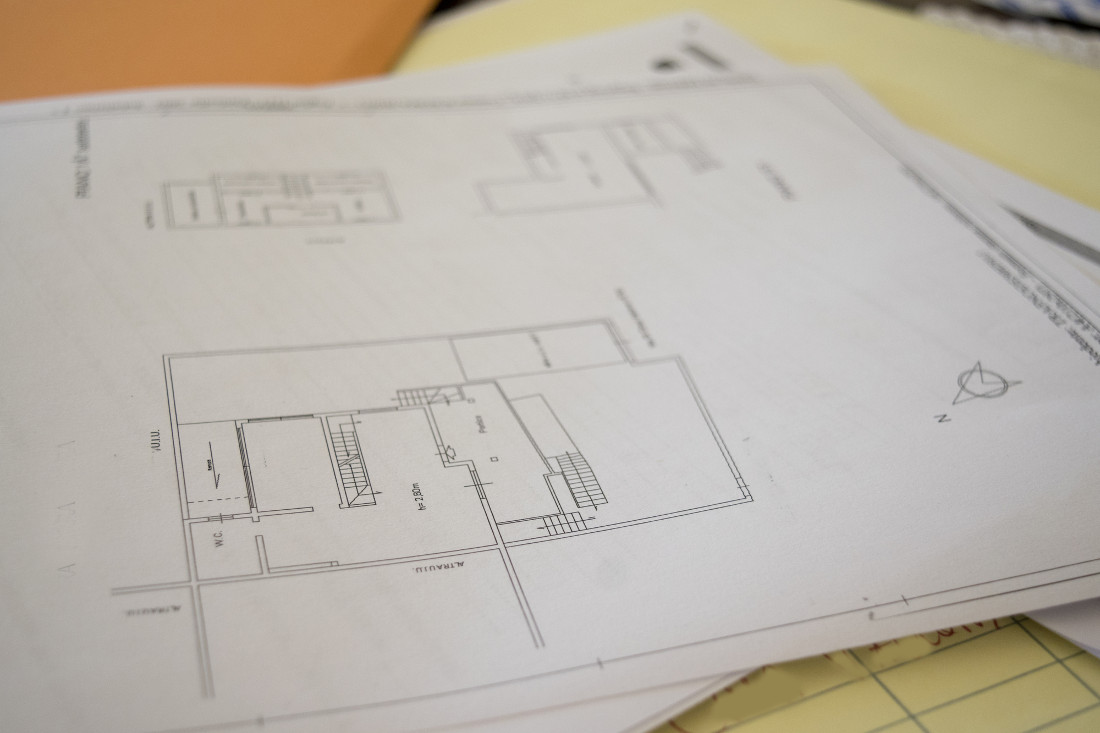

Others included ex-Nazi scientists who had been brought to work on secret missions in the US. There Olson began working with the handful of colleagues who would accompany him throughout his clandestine career. All of this led him to room 1018A.į rank Olson had been one of the first scientists assigned to the secret US biological warfare laboratories at Fort Detrick in Frederick, Maryland during the second world war. Slowly, a counter-narrative emerged: Olson was disturbed about his work and wanted to quit, leading his comrades to consider him a security risk. Then it turned out that Olson had talked about leaving the CIA – and told his wife that he had made “a terrible mistake”. First, the CIA admitted that, shortly before he died, Olson’s colleagues had lured him to a retreat and fed him LSD without his knowledge. There the case might have ended.ĭecades later, however, spectacular revelations cast Olson’s death in a completely new light. The funeral was held with a closed casket. Alice did not object when told that, given the condition of her husband’s body, family members should not view it. Naturally, they were shocked, but they had no choice other than to accept what they were told. He told Alice Olson and her three children that Frank “fell or jumped” to his death from a hotel window.

They could not have known that the dead man and the survivor were scientists who helped direct one of the US government’s most highly classified intelligence programmes.Įarly the next morning, one of Olson’s close colleagues drove to Maryland to break the terrible news to the dead man’s family. To the first police officers on the scene, this seemed like another of the human tragedies they saw too often: a distressed or distraught man had taken his own life. Abramson replied: “Well, that’s too bad.” Someone in the room had called a number on Long Island, which was listed as belonging to Dr Harold Abramson, a distinguished physician, less well known as an LSD expert and one of the CIA’s medical collaborators. “Yes,” she replied – and she had eavesdropped, not an uncommon practice in an era when hotel phone calls were routed through a switchboard. Leaving the police officers, the night manager returned to the lobby and, on a hunch, asked the telephone operator if any calls had recently been made from room 1018A.


 0 kommentar(er)
0 kommentar(er)
